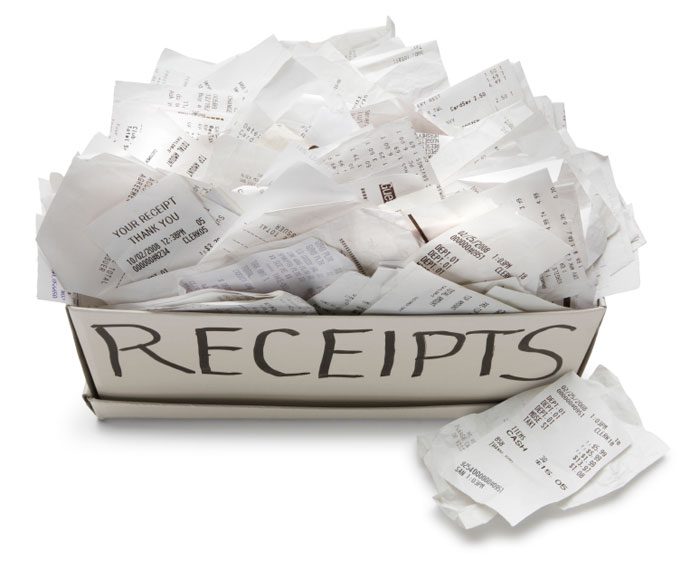Budgeting -- ooh, what a scary word! If you want to frighten someone whose finances are out of control, suggest that they tally up their expenses on a piece of paper. We all understand the value of such an exercise, but when it comes to the practicality of putting a budget together, we get cold feet. Budgeting doesn't have to be so painful, when you have a systematic series of steps to follow.
Visit if Tip 1, Tip 2, Tip 3 and Tip 4 if you have not yet read it.
DON'T FORGET YOUR DEBTS
 It's also important that you have some
idea of your liabilities -- debts that still have to be repaid. Did you
figure these payments in with your monthly expenses? If you are only
counting the minimum monthly payment, you will never pay your debts off.
You may not be able to do it right now -- but after we get your budget
in order, the goal is to pay at least double the minimum amount on at
least one of your liabilities each month. You should start with the
credit card or loan that has the highest interest rate -- then tackle
the next highest after the first debt is paid off. And if you can afford
to pay more than double, go for it. You aren't really free to start
working on other financial goals until you know you are debt free.
It's also important that you have some
idea of your liabilities -- debts that still have to be repaid. Did you
figure these payments in with your monthly expenses? If you are only
counting the minimum monthly payment, you will never pay your debts off.
You may not be able to do it right now -- but after we get your budget
in order, the goal is to pay at least double the minimum amount on at
least one of your liabilities each month. You should start with the
credit card or loan that has the highest interest rate -- then tackle
the next highest after the first debt is paid off. And if you can afford
to pay more than double, go for it. You aren't really free to start
working on other financial goals until you know you are debt free.TALLY UP YOUR INCOME
Do you really know how much you make? The tendency is to quote whatever is printed on your employment contract -- to say, "I make _____ a year." But after taxes and Social Security and any other items that are deducted from your check, what are you actually bringing home? Take a minute to really examine all of your sources of income and calculate an honest total -- you can't have a realistic budget without it!
www.HomesInTransition.com



